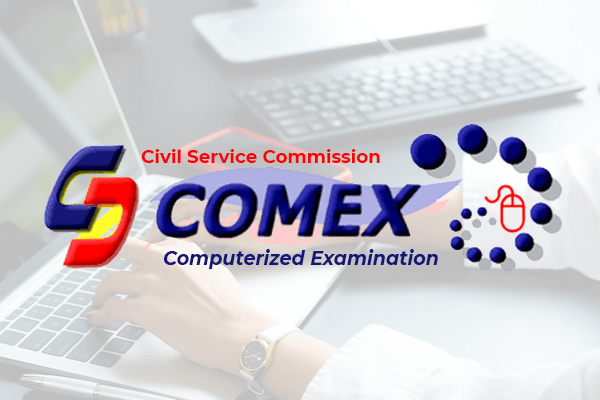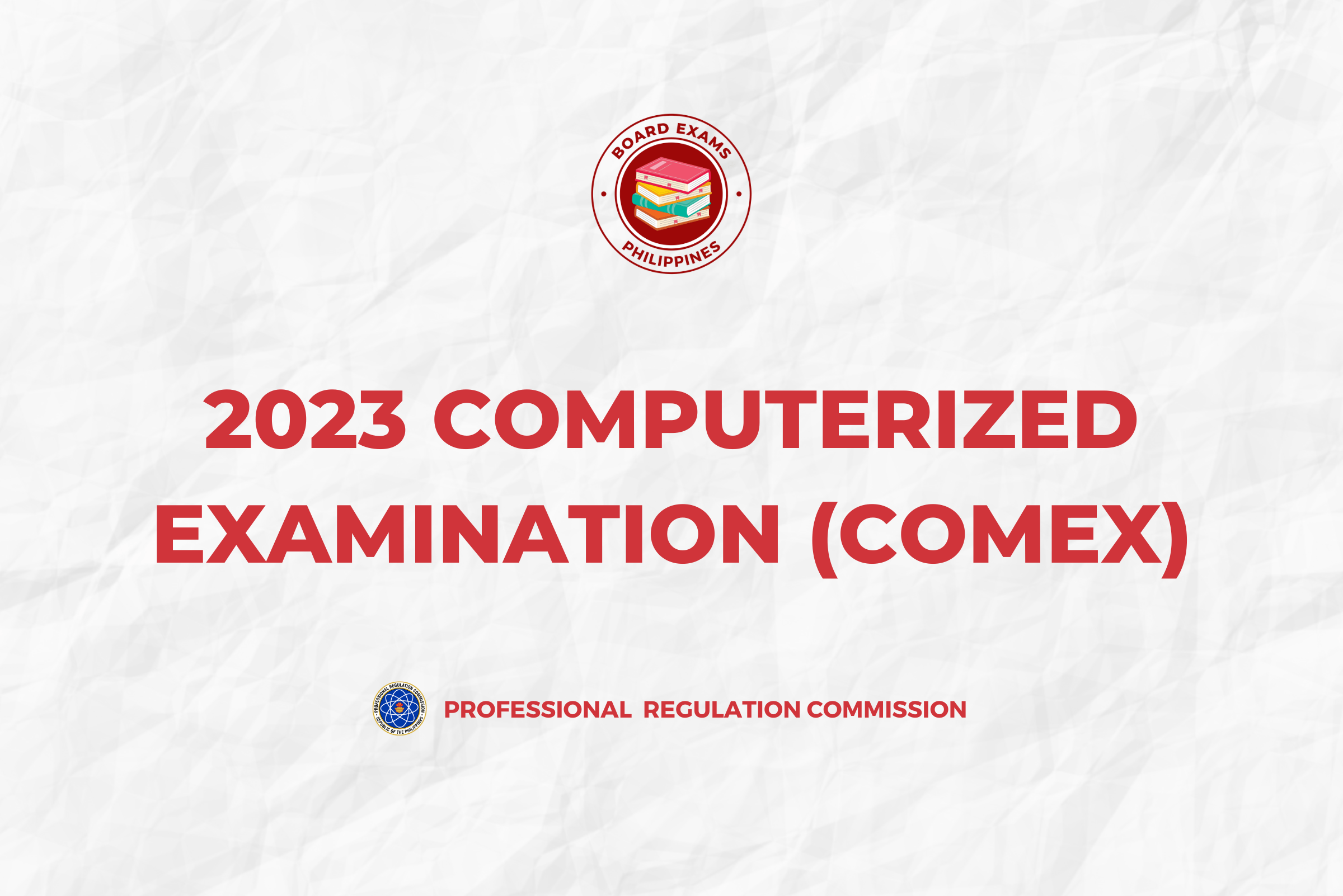
The Civil Service Commission (CSC) of the Philippines is the central human resource institution for the government sector. Its primary function is to promote merit and fitness in the selection, promotion, and development of civil servants. To ensure that its personnel selection process is fair, objective, and transparent, the CSC conducts the Career Service Examination (CSE) and the Computerized Examination (COMEX). In this article, we will focus on the COMEX and its importance in the recruitment and selection of government employees.
The Computerized Examination (COMEX) is an alternative to the traditional paper-and-pencil CSE. It is a fully automated exam that uses a computer-based system for its administration and scoring. The COMEX is designed to test the knowledge, skills, and abilities of applicants in different fields of expertise. It is administered nationwide and is open to all qualified applicants who meet the minimum requirements set by the CSC.
One of the main advantages of the COMEX is that it eliminates the need for manual checking of answer sheets. The computer-based system ensures the accuracy and reliability of the exam results. It also reduces the time and effort required for the processing of exam papers, making the recruitment process more efficient and cost-effective.
Another advantage of the COMEX is that it provides a standardized testing environment. All test-takers are given the same set of questions, and their answers are evaluated using the same criteria. This ensures that the exam is fair and objective, and that all applicants are given equal opportunities to demonstrate their knowledge and skills.
The COMEX also allows for a more flexible testing schedule. Unlike the traditional CSE, which is usually administered only once or twice a year, the COMEX can be taken anytime at any of the designated testing centers. This makes it more convenient for applicants who may have other commitments or who live far from the testing centers.
The CSC has also introduced various measures to enhance the security and integrity of the COMEX. These include the use of biometric technology to verify the identity of test-takers and prevent cheating, the randomization of questions to prevent leakage, and the monitoring of testing centers to ensure compliance with testing rules and regulations.
The COMEX is divided into two levels: the Professional Level and the Subprofessional Level. The Professional Level is for applicants who have a bachelor’s degree, while the Subprofessional Level is for those who have completed at least two years of college. Both levels cover the same topics, but the Professional Level has a higher degree of difficulty and requires a higher passing score.
The passing rate for the COMEX is generally lower than that of the traditional CSE, which may indicate a higher level of difficulty. However, this also means that those who pass the COMEX have a higher level of competence and are better equipped to perform their duties as government employees.
In conclusion, the Computerized Examination (COMEX) is an important tool for the recruitment and selection of government employees in the Philippines. It provides a fair, objective, and standardized testing environment, eliminates the need for manual checking of answer sheets, and allows for a more flexible testing schedule. With its enhanced security and integrity measures, the COMEX ensures that only qualified and competent individuals are selected to serve in the government sector.

